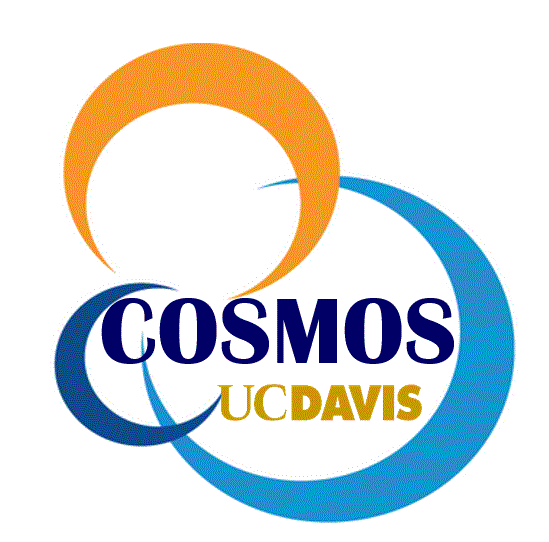Civil and Environmental Engineering 164 - Introduction to Electric Vehicles
This course will provide students with a comprehensive overview of electric vehicles. The class is interdisciplinary in nature and provide perspectives from a variety of disciplines including engineering, physics, chemistry, economics and finance, public policy, and social sciences. We will prepare students to understand the technology, challenges facing EVs, and its broader impacts to society at large. Topics in the class will include a dive into electric vehicle technology (how it works), history and market of electric vehicles, charging infrastructure and behavior, life-cycle analysis and emissions, interaction with the electricity grid, and EV policies (local, state, federal, and international).
Taught 2022-Present
YouTube Playlists (2022)
Transportation Technology and Policy 201 - Applied Data Analysis
This course aims to provide students with the resources needed to examine, parse, and analyze datasets (with a specific aim for answering research questions). We cover a variety of concepts across disciplines of econometrics, statistics, and machine learning—but with a specific emphasis on application. All techniques are taught through practical examples of real-world datasets with enough breadth to understand the most critical concepts behind various analysis techniques. The course delves into basic data analysis operations, including basics of examining and inspecting data (identifying data types, dealing with missing data and outliers, maintaining data integrity). We will cover a range of regression analysis including OLS, 2SLS, mixed models, logistic regression, LDA, spline regression, GLMs, kernel regression, and neural networks and clustering techniques including kNN and SVMs.
Taught 2018-Present
Transportation Technology and Policy 211 - Energy & Transportation Modeling for Policy Analysis
The course familiarizes students with building energy and transportation models for policy analysis. Energy systems modeling covers a wide gamut of energy sectors and some of the most important elements (transportation, electricity, fuels, resources, infrastructure) will be reviewed in the course. The primary aim of the course covers techniques for modeling energy and transportation systems as they relate to relevant policy actions. The course is divided into four sections that cover (1) background into energy and transportation, (2) tools commonly employed in transportation and energy models, (3) systems models in energy and transportation spanning small modules up to full integrated assessment models, and (4) examples of policies that have incorporated modeling analysis. Material concepts include how different fuels are converted to energy, infrastructure to support various energy/transportation systems, consumption/end use, and different technologies. Technical concepts include decision making, uncertainty analysis, energy economics, optimization, regression, and life-cycle analysis. We also discuss past and current transportation and energy policies and introduce techniques for policy analysis to provide context and inform decision regarding for future policies. Students learn to integrate multi-disciplinary knowledge, build analytical tools, conduct alternative scenario analysis, and carry out sensitivity and uncertainty analysis.
Taught 2017-Present
Environmental Science and Policy 167 - Energy Policy
This course first covers background knowledge in primary energy resources (fossil, renewable, nuclear), energy conversion methods, future energy demand scenarios, and environmental impacts of energy. We then provide an overview of energy policy in the U.S. and worldwide and further discuss/analyze policy alternatives for addressing energy-related environmental and national security issues. The course culminates in group research projects and a term paper on an energy policy topic of the student's choice.
Taught 2020
YouTube Playlists (2020)
California State Summer School for Mathematics & Science (COSMOS) Cluster 10 - Sustainable Transportation

COSMOS is a four week summer residential program for students interested in science, technology, engineering, and mathematics (STEM) topics. This cluster considers the science behind sustainable transportation and examines sustainability in three areas: system design, vehicle technology, and micro-mobility. A fourth course focuses on methods for assessing the environmental impacts of transportation. In all four courses we will consider the ways that science can inform policy. Lectures and projects will draw on multiple disciplines, including physics, mechanical engineering, civil engineering, environmental engineering, economics, and statistics.
Taught 2018-Present